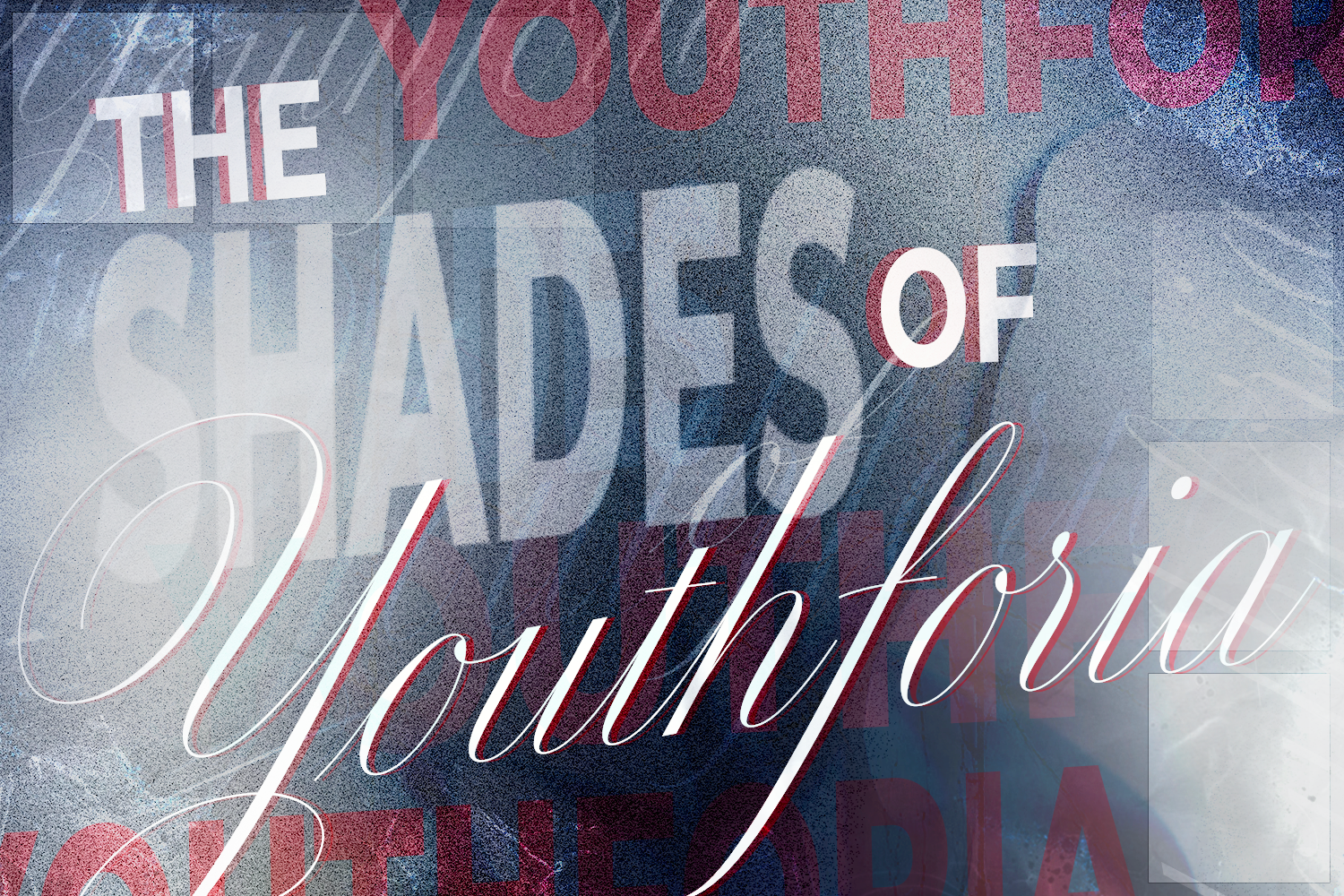Oh, the beauty community. Oh, how you’ve had your fair share of scandals and controversies like any other. Whether it be beauty influencers, products, packaging, or brands, these incidents help spotlight the dark truths that take place in the community. On the chopping block this time is Youthforia and their newest controversial product, which has consumers rightfully upset and questioning the ethics of the brand.
Youthforia, launched in 2021, was founded by Fiona Co Chan. In late October 2023, the brand released 15 shades of their Date Night Skin Tint Serum Foundation, where they experienced copious amounts of backlash for not extending their shade range towards people with darker skin. In March 2024, they released 10 new shades catered to darker skinned persons, but it resulted as a “slap to the face” when influencer Golloria George tested their darkest shade (shade 600). George is a TikTok influencer who is mostly known for reviewing face cosmetics, i.e., foundation, concealer, etc to see if it’s dark-skin friendly. She previously called out Youthforia for not having inclusive shades, and when she was finally presented with the new shades, she was rightfully angry with the outcome. Alongside this, many other influencers have spoken out, and lots of online discourse has been going around on top of this scandal.
Youthforia released their darkest foundation which was practically jet black. Meaning it had no undertones. Usually, when mixing and creating foundations, you need four mixing agents, yellow, green, blue, red, and the usual black and white. This results in warm, cool, or neutral undertones. By mixing these pigments, you create a vast range of shades that are highly inclusive. Fenty Beauty, R.E.M Beauty, and many other brands, have extended shade ranges that nearly include all skin tones.
What Youthforia did is diabolical. Instead of actually taking the time and putting in the effort, they used black iron oxide, a black pigment, and created a jet-black foundation that is not suitable for any skin type. Even when mixed with other foundations, the result is gray. No single black person is just black; we all have undertones. Even the darkest person in the world has undertones. This also goes for people who have skin conditions like Albinism, who also have undertones. What Youthforia did was an act of prejudice and evidently brought a whole new meaning to blackface.
It’s no surprise that another beauty brand is facing backlash for lacking inclusion towards brown and black people. One of the most memorable controversies was between Tarte Cosmetics and influencer Jackie Aina, who called them out for not having shades for darker skin. Time and time again, another brand gets called out for not being inclusive, so why is it so hard to do so? Why is it difficult to be inclusive for everyone, and why do we keep giving leeway to these brands that struggle to be inclusive and not to those who do it from the get-go?
Brands should have an obligation to be inclusive. Being inclusive is inviting everyone to the table, and neglecting that crucial factor of community is very harmful and sends the wrong message. We all want to be included and bring harmony, but if you don’t, then what does that say about you. Brands need to learn from this and take into account that you need to have a wide shade range of foundations, concealers, blushes, etc. In the future, I pray that brands are cautious and mindful of what they put out and the message that follows it.
Words by Ari Young Sang
Graphic by Gavin Bacher

